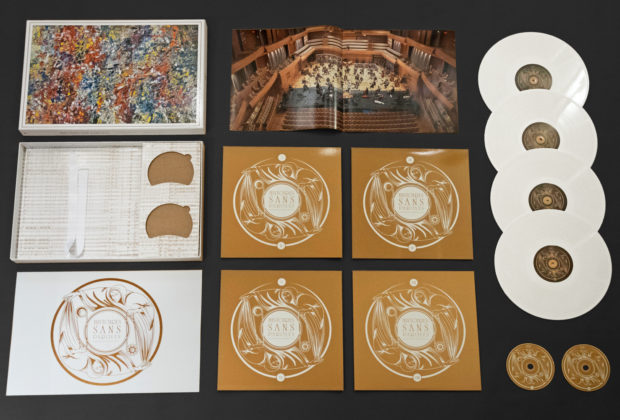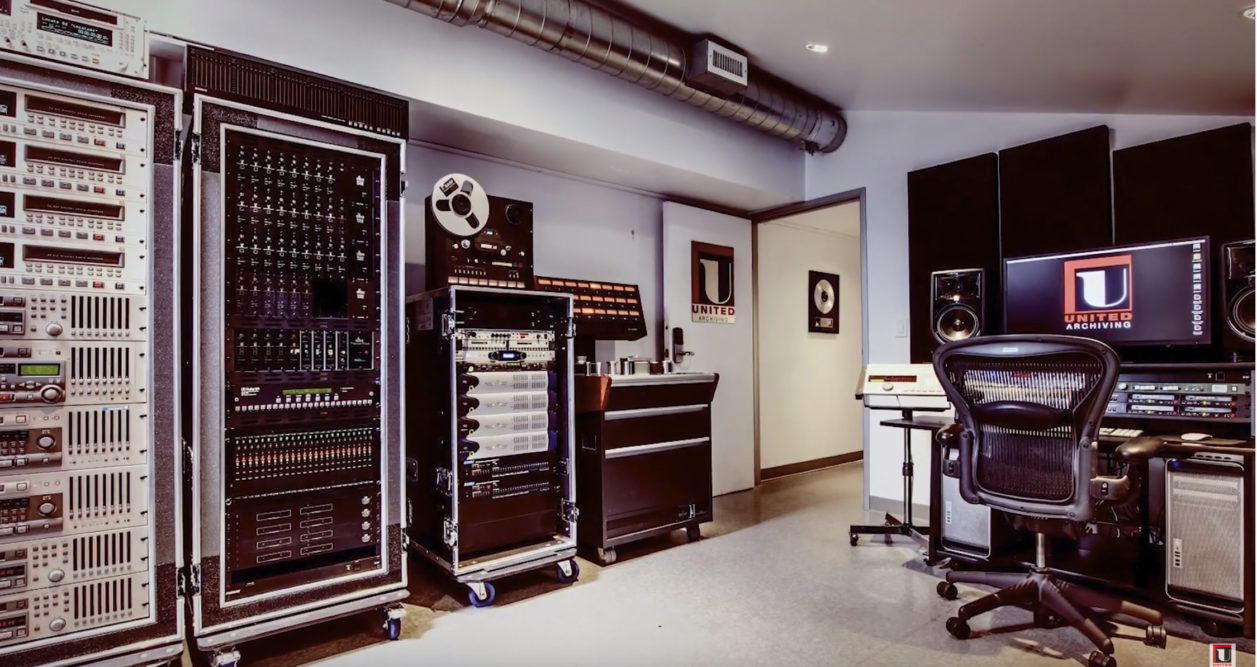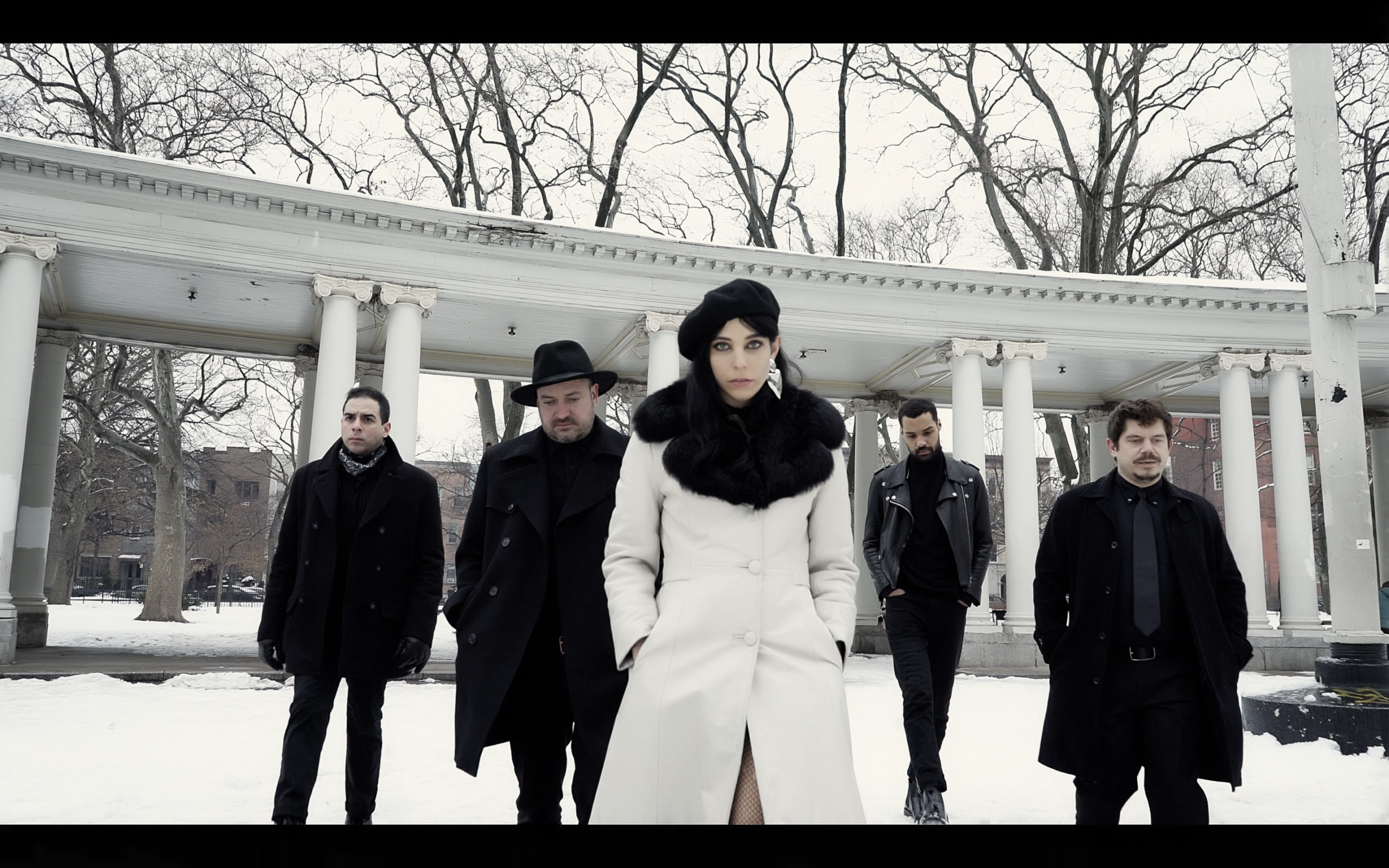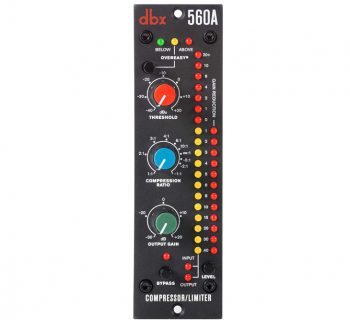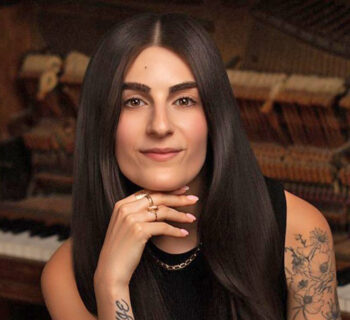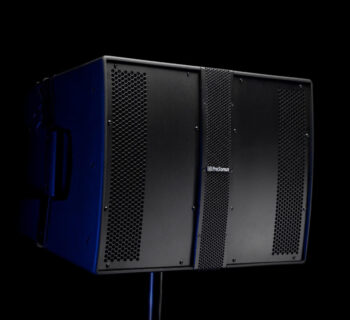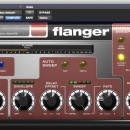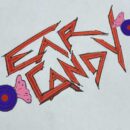The ‘70s were a heady time for many evolving musical ensembles. Not the least of which were progressive rock bands like Genesis, ELP and YES from Europe, with Kansas and Styx prominently representing the United States. Unquestionably, Canada tossed its hat in the ring, with powerhouse trio Rush. But another major contender emerged from Quebec, with a more culturally rich and provincial focus. They were known as Harmonium.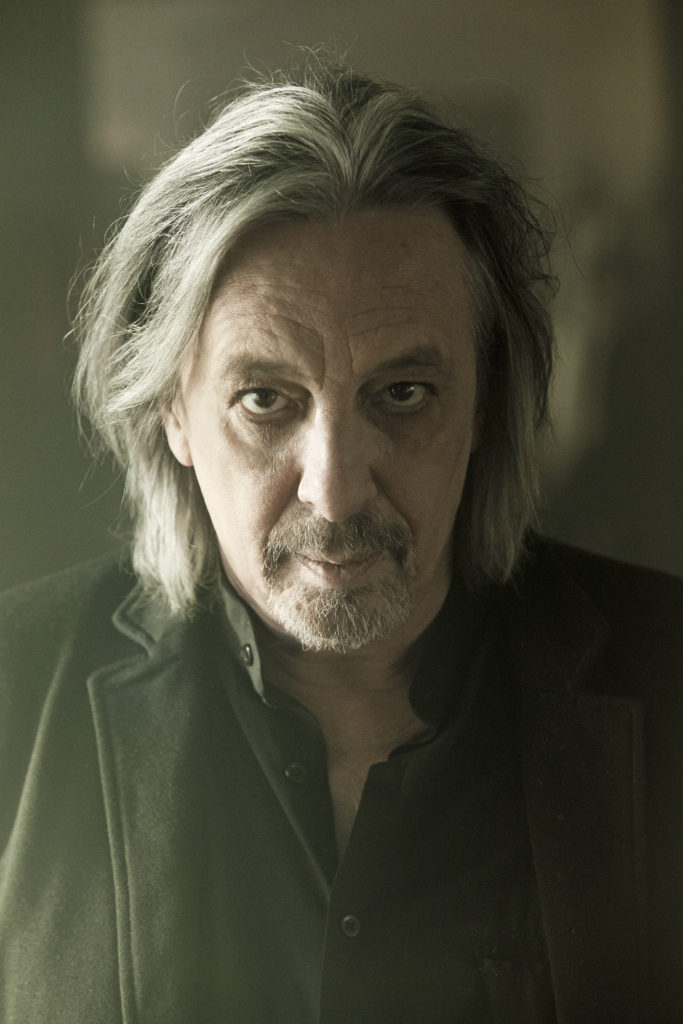
Harmonium began in Montreal, Quebec Canada in 1972 by singer-songwriter/multi-instrumentalist Serge Fiori. His father led a big band orchestra. The self-taught Fiori excelled on various instruments and frequently subbed for absent musicians in his father’s band. Inspired by French writers and composers like Jacques Brel, rockers like The Beatles, Led Zeppelin and Canadian singer-songwriter Joni Mitchell, 20-year-old Fiori pursued his own musical path. His very poetic and lyrical compositions were sung in French, with a liberal mix of folk, jazz and rock interlaced throughout their three studio albums and subsequent live recordings. “I started writing in 1972 and it took two years to put the first Harmonium album out,” recalls Fiori. “We did a lot of shows during those years to test the material before we recorded it.”
The self-titled debut Harmonium (1974), Si on avait besoin d’une cinquieme saison (1975) and L’Heptade (1976) were all written and recorded amid a hectic schedule of touring throughout Canada and Europe. All of the band’s releases were thematic and conceptually driven, as Fiori explains, “The first album was about love, hate, and you know, whatever we were going through,” states the maestro. “The second album was based on the different seasons. The third album L’Heptade was very intricate and based on the seven chakras, or levels of consciousness. We did a huge study on several religions and found there was a common point in all of them with the number seven. I was completely possessed by the writing of that album. I think I left the planet.”
In 1978 the band did several shows in Europe with Supertramp and also made appearances in California. They officially disbanded in the early ‘80s. But, during that time, Fiori’s music had made an indelible mark on a mass audience in his home province of Quebec as well as the entire nation of Canada. And the music from those landmark albums still resonates with global audiences across the board today. In 2015, Rolling Stone magazine listed Harmonium’s second album Si on avait besoin d’une cinquieme saison at number 36, among the 50 “Best Progressive Rock Albums of All Time.” And in 2007 all three of Harmonium’s studio albums were named among the 100 greatest Canadian albums of all time in Bob Mersereau’s book The Top 100 Canadian Albums.
“The melodies really worked for a lot of English speaking audiences, even if they didn’t understand all the words,” explains Fiori on the band’s cosmopolitan success. “It’s the same in Montreal where a lot of people don’t speak English. And all types of bands tour through there and the kids go nuts. It was the same thing for Harmonium when we appeared, like in California years ago. A lot of people even seemed to know the words to our songs, which was a huge surprise to us. But I never doubted it. I always thought it would work. Also, the way I write lyrics, the sound is very important. The songs were not like French folklore where the words are very strict.”
For the last few decades, Fiori has pursued a solo career writing music for circus shows, film soundtracks, radio and television series. And then, nearly 45 years after Harmonium’s heyday, Fiori received an offer he couldn’t refuse. The prolific singer-songwriter released his last solo album on Quebec’s GSI Musique label. Label president Nicolas Lemieux first had the idea to record an album of symphonic adaptations of Harmonium’s music. He subsequently brought renowned conductor and arranger Simon Leclerc on board to write select charts of the band’s music as well as assemble, what eventually became, a choir of 40 singers and 68 musicians from the Montreal Symphony Orchestra.
“GSI brought me in for a meeting about doing a totally classical album featuring Harmonium’s music,” says Fiori. “Simon explained things to me and said this could work, but he wanted to perform the music instrumentally, without my vocals being there. He thought I would collapse, but that’s actually what I preferred. A lot of symphonic records I’ve heard with a lot of bands always had a rhythm section and someone singing. But I don’t think that’s symphonic. The condition would be that this project would really be classical. And we started from there.”
Histories Sans Paroles—Harmonium Symphonique is the product of this collective endeavor and it is a dream that almost seemed unattainable. “We were very nervous about it. It could’ve really fallen apart,” says Fiori. “Simon spent about a month getting all the music in his head. And then he started doing arrangements and would send me demos. He always asked me what I thought. He did a lot of work on it. And once the last arrangements came, we said ‘this is it!’ We knew we had the right approach.” The album was recorded in September 2020 at Maison Symphonique in Montreal. They had to enlarge the stage area where all the musicians had to be socially distanced 6 feet apart. It was an amazing undertaking.
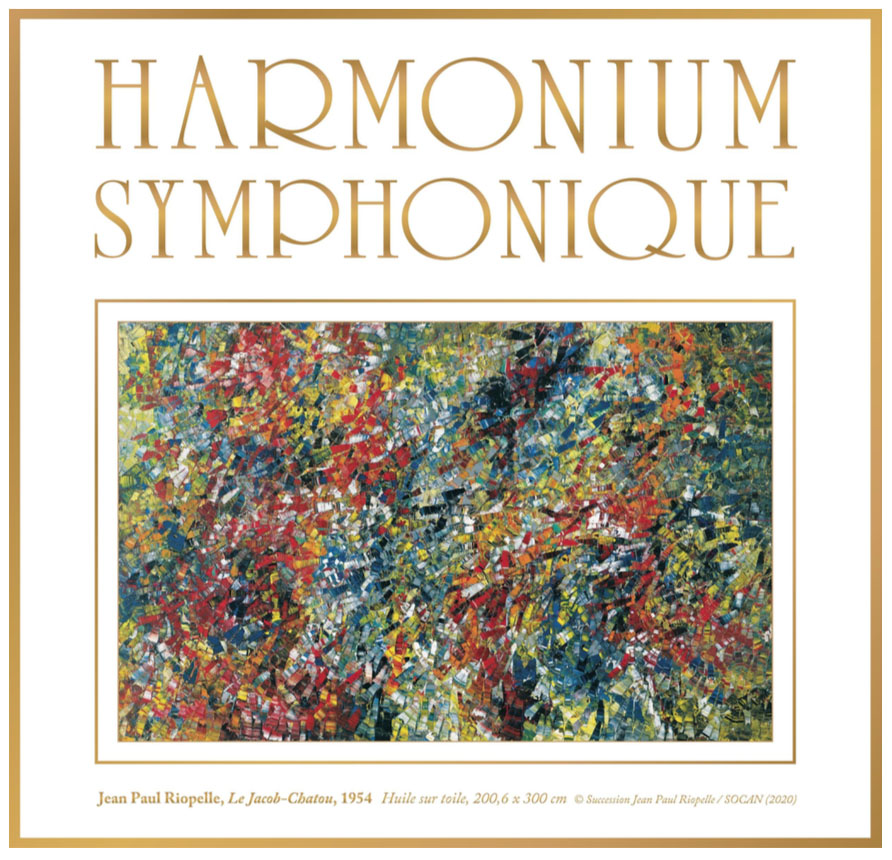 “It was overwhelming and hard to describe,” reflects Fiori on hearing his music interpreted in such an austere setting. “It’s on a whole other level. It’s just pure music. It was fantastic, but at the same time, very hard to take emotionally. I was kind of mesmerized, with a lot of crying too.”
“It was overwhelming and hard to describe,” reflects Fiori on hearing his music interpreted in such an austere setting. “It’s on a whole other level. It’s just pure music. It was fantastic, but at the same time, very hard to take emotionally. I was kind of mesmerized, with a lot of crying too.”
The album has been selling remarkably well since its release just a few short weeks ago. It has sold over 120,000 copies strictly through mail order and online at harmoniumsymphonic.com.
“I kept listening to the sound and textures of the music,” says Fiori. “Instrumentally, it stands alone and even goes beyond the original. Simon did an amazing job.” •

